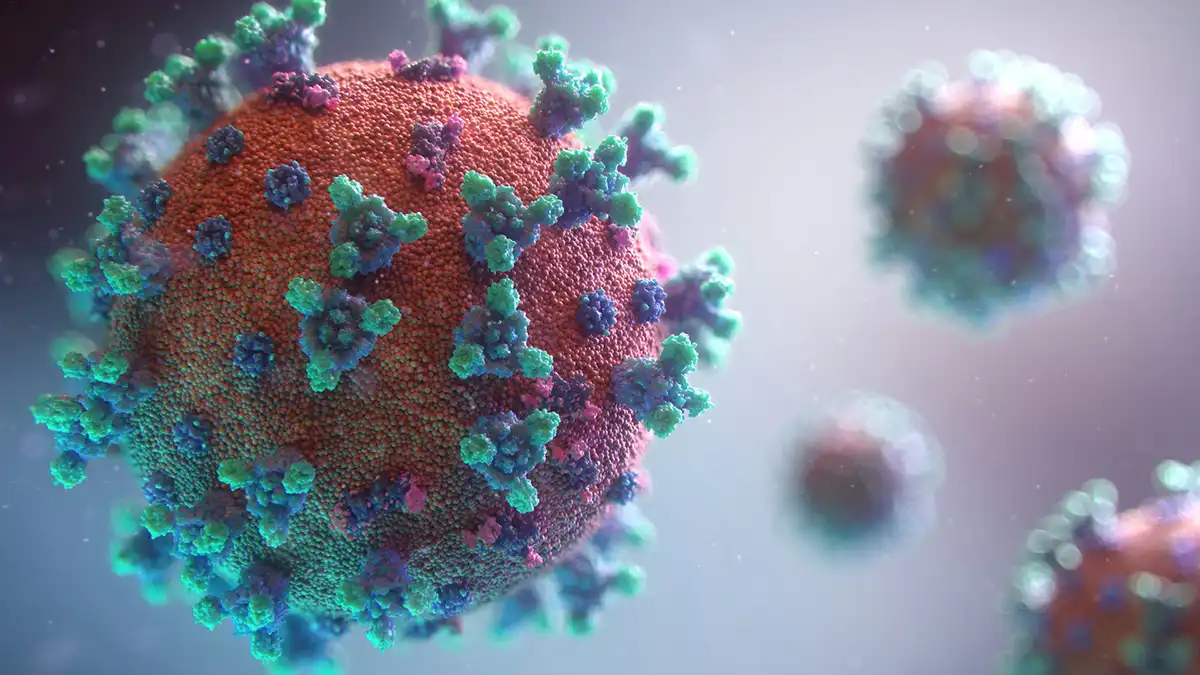What is Influenza (Also Called Flu)?
The flu is a contagious respiratory illness caused by influenza viruses. It can cause mild to severe illness, and at times can lead to death. The best way to prevent seasonal flu is by getting a seasonal flu vaccination each year.
Every year in the United States, on average:
- 5% to 20% of the population gets the flu;
- more than 200,000 people are hospitalized from flu-related complications; and
- about 36,000 people die from flu-related causes.
Some people, such as older people, young children, pregnant women and people with certain health conditions (such as asthma, diabetes, or heart disease), are at increased risk for serious complications from seasonal flu illness.

Symptoms of Flu
Symptoms of seasonal flu include:
- fever (often high)
- headache
- extreme tiredness
- dry cough
- sore throat
- runny or stuffy nose
- muscle aches
- Stomach symptoms, such as nausea, vomiting, and diarrhea, also can occur but are more common in children than adults. Some people who have been infected with the new H1N1 flu virus have reported diarrhea and vomiting.
Complications of Flu
Complications of flu can include bacterial pneumonia, ear infections, sinus infections, dehydration, and worsening of chronic medical conditions, such as congestive heart failure, asthma, or diabetes.
How Flu Spreads
Flu viruses are thought to spread mainly from person to person through coughing or sneezing of people with influenza. Sometimes people may become infected by touching something with flu viruses on it and then touching their mouth or nose. Most healthy adults may be able to infect others beginning 1 day before symptoms develop and up to 5-7 days after becoming sick. That means that you may be able to pass on the flu to someone else before you know you are sick, as well as while you are sick.
Preventing Seasonal Flu: Get Vaccinated
The single best way to prevent seasonal flu is to get a seasonal flu vaccination each year. There are two types of flu vaccines:
- The “flu shot” – an inactivated vaccine (containing killed virus) that is given with a needle. The seasonal flu shot is approved for use in people 6 months of age and older, including healthy people and people with chronic medical conditions.
- The nasal-spray flu vaccine – a vaccine made with live, weakened flu viruses that do not cause the flu (sometimes called LAIV for “Live Attenuated Influenza Vaccine”). LAIV is approved for use in healthy* people 2-49 years of age who are not pregnant.
About two weeks after vaccination, antibodies develop that protect against influenza virus infection. Flu vaccines will not protect against flu-like illnesses caused by non-influenza viruses.
When to Get Vaccinated Against Seasonal Flu
Yearly seasonal flu vaccination should begin in September, or as soon as the seasonal flu vaccine is available, and continue throughout the flu season into December, January, and beyond. This is because the timing and duration of flu seasons vary. While seasonal flu outbreaks can happen as early as October, most of the time seasonal flu activity peaks in January or later. Information about when to get vaccinated with the new H1N1 flu vaccine can be found here.
Who Should Get Vaccinated Against Seasonal Flu?
In general, anyone who wants to reduce their chances of getting seasonal flu can get vaccinated. However, certain people should get vaccinated each year either because they are at high risk of having serious flu-related complications or because they live with or care for high risk persons. During flu seasons when vaccine supplies are limited or delayed, the Advisory Committee on Immunization Practices (ACIP) makes recommendations regarding priority groups for vaccination.
People who should get a seasonal flu vaccination each year include:
- Children aged 6 months up to their 19th birthday
- Pregnant women
- People 50 years of age and older
- People of any age with certain chronic medical conditions
- People who live in nursing homes and other long-term care facilities
- People who live with or care for those at high risk for complications from flu, including:
- Health care workers
- Household contacts of persons at high risk for complications from the flu
- household contacts and caregivers of children <5 years of age with particular emphasis on vaccinating contacts of children <6 months of age (these children are at higher risk of flu-related complications)
Use of the Nasal Spray Seasonal Flu Vaccine
Vaccination with the nasal-spray flu vaccine is an option for healthy* people 2-49 years of age who are not pregnant, even healthy persons who live with or care for those in a high risk group. The one exception is healthy persons who care for persons with severely weakened immune systems who require a protected environment; these healthy persons should get the inactivated flu vaccine. (A nasal spray vaccine against seasonal flu will not protect you against the new H1N1 flu. A vaccine against the 2009 H1N1 flu is available.)
Who Should Not Be Vaccinated Against Seasonal Flu
Some people should not be vaccinated without first consulting a physician. They include:
- People who have a severe to chicken eggs.
- People who have had a severe reaction to an influenza vaccination in the past.
- People who developed Guillian-Barré syndrome (GBS) within 6 weeks of getting an influenza vaccine previously.
- Children less than 6 months of age (influenza vaccine is not approved for use in this age group).
- People who have a moderate or severe illness with a fever should wait to get vaccinated until their symptoms lessen.
If you have questions about whether you should get a flu vaccine, consult your health-care provider.
Courtesy of CDC.gov







